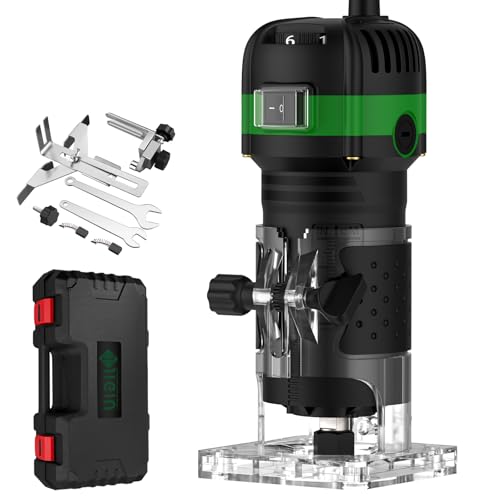milkman
Established Member
Is it common for RCDs to just die completely? I was learning to put up with the fact that they trip because; er, oh its Monday, or because a squirrel looked at it in a funny way* and now this has died outright.
Is this the future? crappy RCDs that won't let you do any work in between walking back and forth to reset them or now having to toss them and spend time taking them apart?
Rant over.
Rant-backs welcomed or even words of calm and wisdom if you have any.
*I can believe these as more valid reasons than anything the world of physics has to offer
Is this the future? crappy RCDs that won't let you do any work in between walking back and forth to reset them or now having to toss them and spend time taking them apart?
Rant over.
Rant-backs welcomed or even words of calm and wisdom if you have any.
*I can believe these as more valid reasons than anything the world of physics has to offer


































